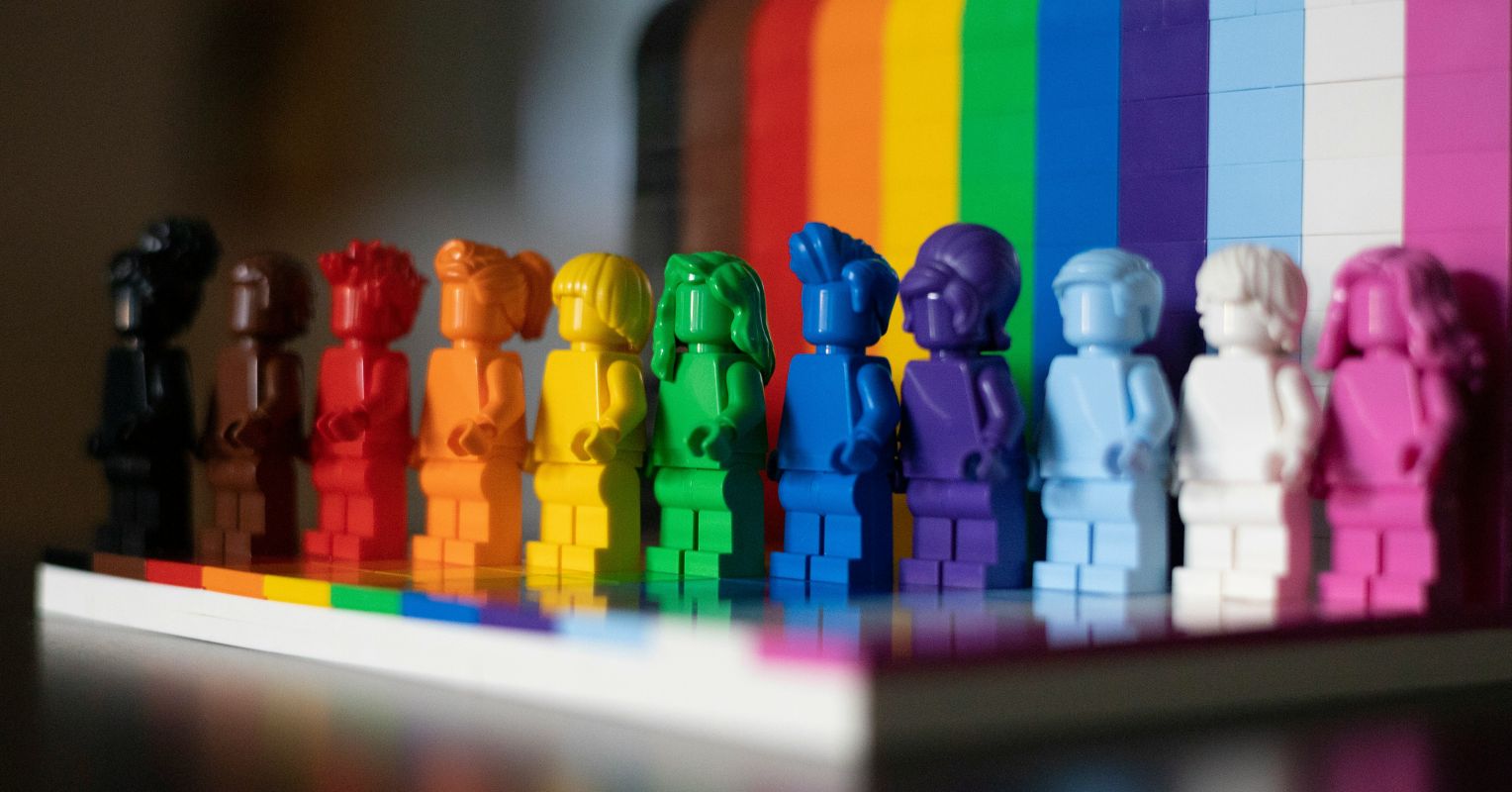
"He feels deep shame about his attractions to other men and has tried without success to ignore these feelings. After years of struggling, he decided to seek therapy. Mark is told by his therapist, much to his relief, that he is not a homosexual, but actually struggling with " sex addiction" rooted in early life trauma. With intensive treatment, his therapist assures him he can get rid of his addictive same-sex attractions."
"The diagnosis for compulsive sexual behavior disorder in the ICD-11 has language that specifically prohibits the diagnosis from being used in this way: it states CSBD should not be solely diagnosed "based on distress related to moral judgements and disapproval about sexual impulses, urges, or behaviors,... [for instance, in] a person who is distressed about his homosexual attraction or behavior" (WHO, 2021)."
Use of the label "sex addiction" has been employed to justify conversion efforts aimed at changing sexual orientation, a practice that is ineffective and harmful. ICD-11 language for compulsive sexual behavior disorder (CSBD) explicitly prohibits diagnosing CSBD solely on moral distress about sexual impulses or disapproval of same-sex attraction. Research indicates no difference in CSBD prevalence across sexual orientations, undermining orientation-based pathologizing. Clinical care should focus on addressing shame and problematic behaviors through LGB-affirming, sex-positive therapies rather than attempting to eliminate sexual orientation or attractions.
Read at Psychology Today
Unable to calculate read time
Collection
[
|
...
]